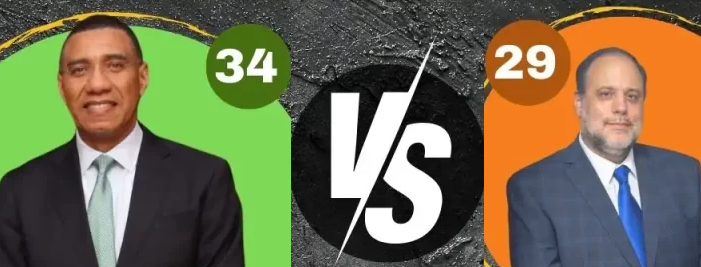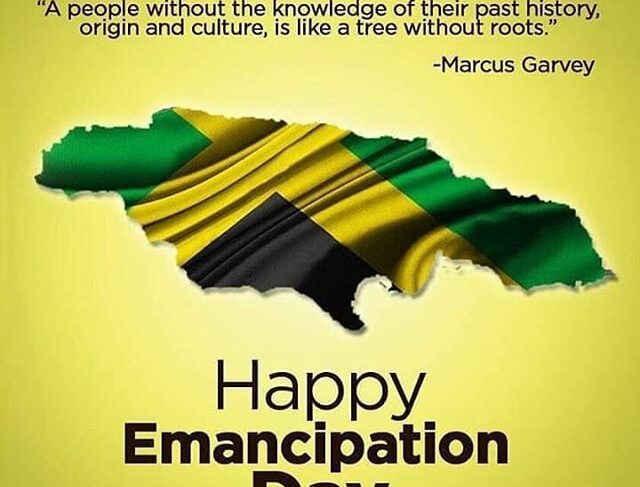
Once when I was small, my father and I were driving on Hope Road. On the left stood the small, austere-looking Private Sector Organisation of Jamaica building, and on the right the large, opulent looking Office of the Prime Minister.
We slowed down and he asked me “Who runs Jamaica?” I knew the answer then, and retain to this day. It is a question which we all, at some point, ask and wrestle with the outcome. How is it that a small group of people, influential people but people nonetheless, dictate things to the almighty State and can it be challenged?
Campaign financing, as well as through the hiring/firing of workers are two of the methods through which some private sector firms maintain power.
Yet another tactic used is forcing/coaxing workers to take on the struggle of the private sector in order to scare the State. We saw this with the malicious slander and protest against Jamaica Environment Trust (JET) which was aimed at both silencing them, but also intimidating the Government by letting them know ‘votes are to be lost’.
In both cases we see where the power lies, and although the response of the State is different, they reflect the cowardice and acknowledgment that the private sector runs things.
In the JET case, the State should be ensuring that the entire Cockpit Country is protected and remains as untapped as possible.
We know the answer to who runs the country when we travel on Duke Street and see the Parliament as well as the home of the Jamaica Manufacturers’ Association. It is time that we, the people of this country, change the way the country operates and who rules it. There is no reason, apart from fear, why, when a company decides to shut down a part of its operation, the State can’t nationalise that operation thereby saving jobs and standing up to private interests. The precedent has been set with squatting and was repeated in Red Hills a few years ago. Even more relevant examples can be found in the sugar cane industry. There is no reason, apart from fear, why the State didn’t come out swinging against the mining company.
We know who runs the country when even as the Government maintains its anti-sugar drive, we see products coming to market with equal or more sugar in them than the ones they are replacing.
We know who runs the country when a nation with a people begging for public beaches and access to amenities which are open to tourists watches as segregated beaches shrink and die while new tax exempt hotels pop up on the coast keeping us from prime beaches.
If we want to change how we are governed, then we need to change who rules us and that takes understanding and accepting that the real rulers are on the other side of Hope Road or a door away from Parliament on Duke Street. It means taking that knowledge and demanding leaders — be they from the PNP, JLP, NDM etc — who are beholden to the voter, and it means of course taking to the street to show the current holders of power that we will not be accepting things as they are anymore.
No longer should we be happy with simply a ban; we must insist on secure jobs to go with the ban. No more sweet talk about environmentalism, we want to see the mining of gypsum and limestone phased out as potable water becomes scarcer. No more pandering to an industrial/manufacturing/financial class who for decades have sought and received benefits from the State while not passing them on to the employee and everyday Jamaican and providing almost nothing to national growth — which has hovered between 0 and 2%,for the past five decades. Instead, we must insist that they sink or swim like the rest of us.
Yes, they are powerful, and true, they finance the two parties and thus call the tune they play, but if we have learned anything from the past year, it should be that people power, though neutered, can effect change if we want it enough. We can force a change on private sector firms, and we can terrify the politicians into enacting our will only through people power.
It was people power, built up over years, which finally forced the Government’s hand and saw them ban single-use plastics and Styrofoam. In that same vein, people power could force a change in policies relating to poor manufacturing output, the disastrous national economy, environmental issues and even violent crime.
Over many years, people across the world have sought to take power back into their collective hands. We see it in Chile, Brazil, Haiti, and Iraq. We see where people power has forced the hands of the powerful into concessions. True, it is not enough in those countries, and the protests continue, but it is a damn sight more than what we have been doing and provides templates of how we can act and effect change.
Let us come together as we have done before take control, even partial control, of the power which is the State so our demands are actually acted on, or prepare for an onslaught which we have only read about as the world prepares for even more upheavals.



